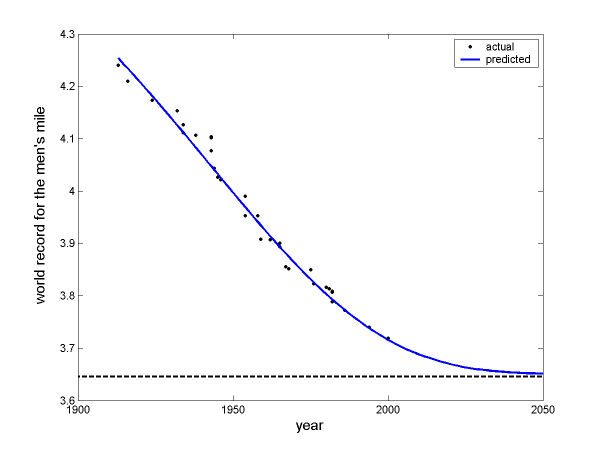It follows that every time that I want to 'discover' an artist I go through their albums in chronological order. I like albums over scattered singles because I enjoy discovering the overarching conceptual stroke the artist tries to put into their album, the conceptual statement that unfolds with each song. Chronologically because it feels right listening to it that way. It almost feels like I was right there, enjoying the progression of the artist's career as if I grew up with them.
So in middle school it followed that almost every month(that's how long it took to properly 'discover' each artist) I would find and be fascinated with a certain artist or band. Bon Jovi however would never be topped because you can't top kings. I started with eighties music, then explored not only sixties and fifties music, but their respective cultures too. More recently I've delved into 90's Bon Jovi and 90's pop culture, mainly through T.V. shows. I was nostalgic for a time I had never lived. It was a romantic time for me.
And now here I am. Stuck. Unsure of where to go next. My playlists are getting stale. I've been thinking about going back through sixties music but instead of looking at the folk revival this time I could look at something else. There is a world of music out there. I just need to see where it takes me.
